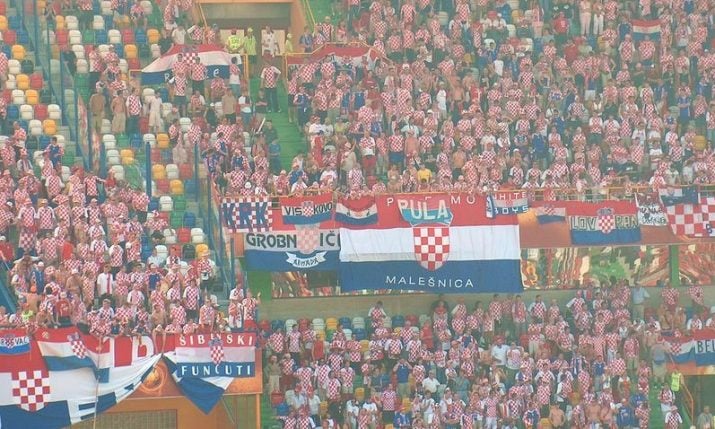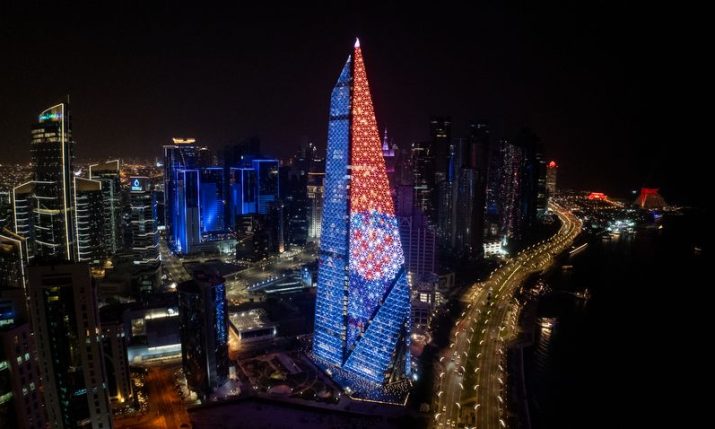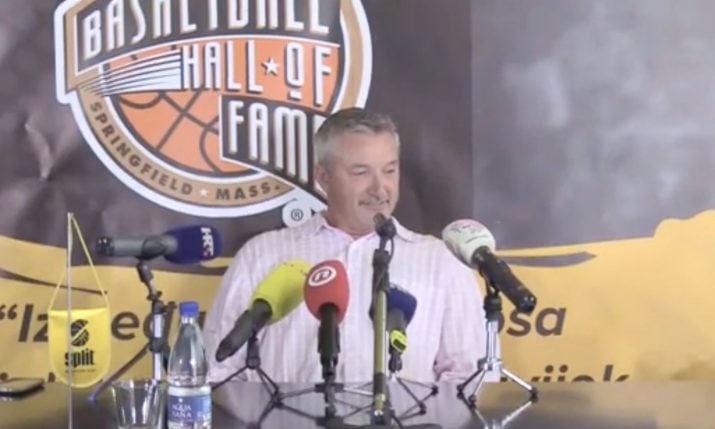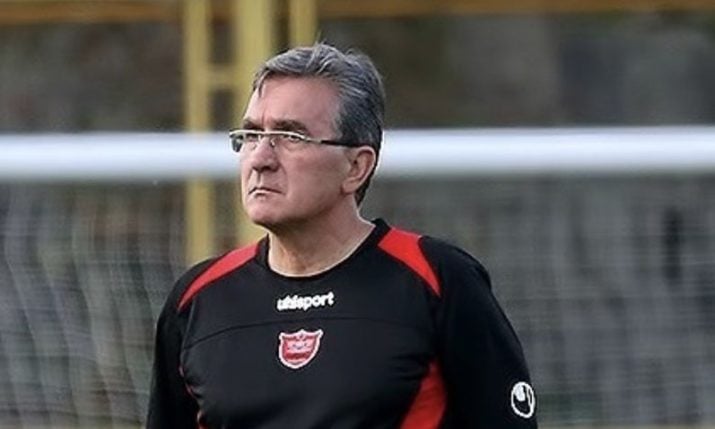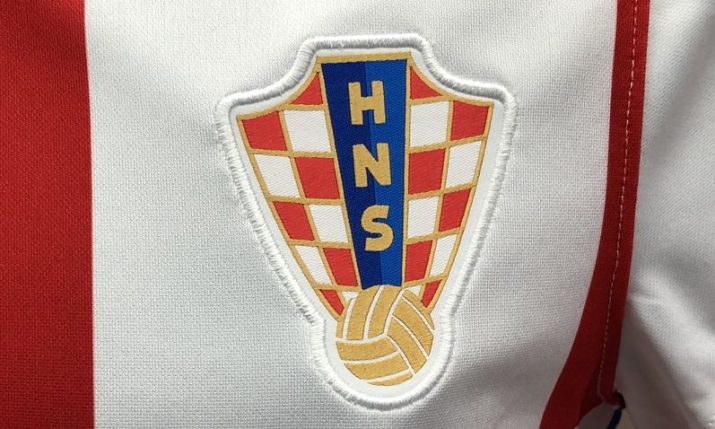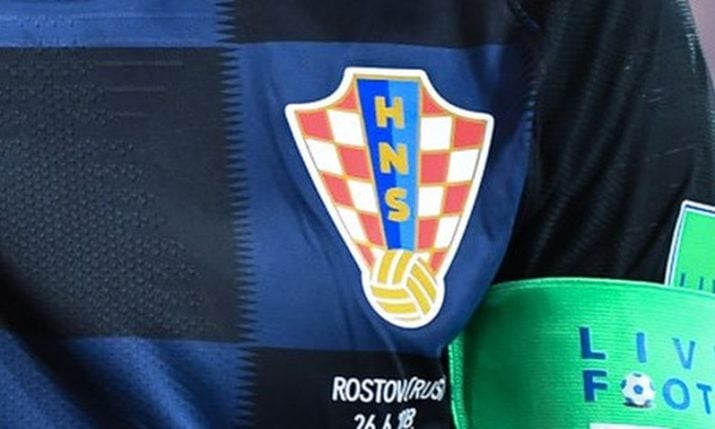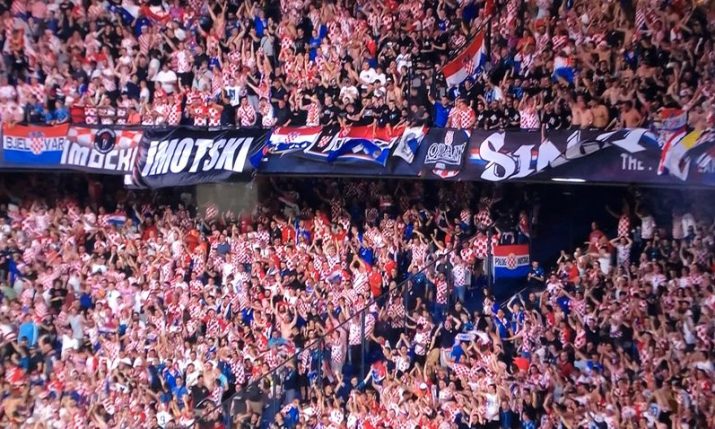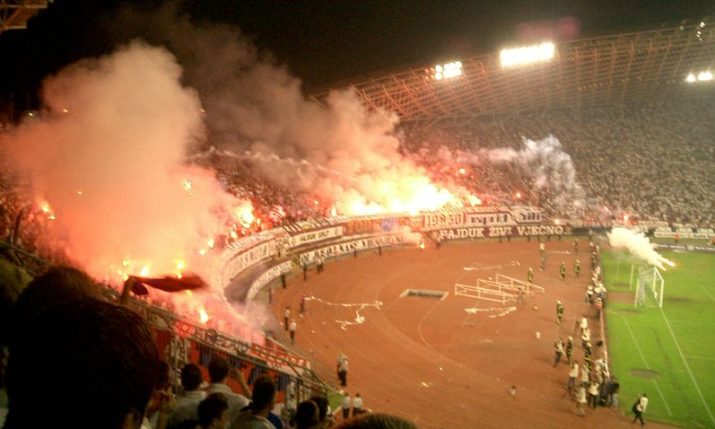A Look at Croatia’s Chances at the World Cup in Russia
- by croatiaweek
- in Sport
by Ante Vulic
For the last 20 years, before every major football tournament, the same question keeps getting asked – will this Croatia team overshadow the 1998 World Cup bronze-medal winning side?
With Croatia failing to advance out of the group stages at a World Cup since that memorable debut in France 20 years ago, their track-record suggests they will not.
After the high of 1998, it has been one disappointment after another. In 2002 in Japan and South Korea, Mirko Jozic’s side managed to beat Italy but lost to both Mexico and Ecuador to exit after the group stage. Four years later in Germany and again expectations were high. After losing to Brazil and drawing with Japan, a win-less Croatia went home after failing to beat Australia in the final group match.
Slaven Bilic failed to take Croatia to the 2010 World Cup in South Africa after falling to Ukraine in qualifying, and despite qualifying for the World Cup in Brazil four years later it was another early exit when Niko Kovac’s side failed to beat Mexico in their final group match.
But track-records can often mean nothing like they have in the past. 2018 is a new side with a new coach and a number of things which will make Croatian fans feel positive about their chances.
Form
Coach Zlatko Dalic will have some good headaches in Russia as a number players are coming off successful seasons. Croatian players scored 81 goals in Europe, the second most in a season in the last 20 years.
Andrej Kramaric (Hoffenheim) was the most prolific with 13 goals, followed by Ivan Perisic (Inter) 11, Nikola Kalinic (Milan) 6, Ante Rebic (Eintracht) 6 and Mario Mandzukic (Juventus) 5.
A number of players are also coming off league and cup success with their clubs, including Luka Modric and Mateo Kovacic with Champions League success and Sime Vrsaljko, winning the Europa League.
Key Players
Croatia has the squad to beat any team at the World Cup. In Russia, everything will again revolve around Modric. Modric is arguably the world’s best midfielder currently if other key players can lift around him, like Ivan Rakitic, Perisic, and Kramaric, anything is possible.
Croatia’s depth is also one of its strengths. If players are not firing, or injuries occur, Dalic has options a lot of other coaches do not.
Three young players who could make a big impact in Russia are Eintracht’s Ante Rebic, who has been in top form in the Bundesliga this season, Real Madrid’s Mateo Kovacic and Marko Pjaca.
Rebic, who has been in and out of the squad and is being compared to former international Alen Boksic, could be the most influential. He showed glimpses when he made brief appearances at the 2014 World Cup and during friendlies against Mexico and Brazil this year.
Concerns
Two concerns over the side are the fact that the defence is aging and not established, and the lack of a clinical finisher as they had in Golden Boot Davor Suker in 1998.
Vedran Corluka and Dejan Lovren looked a yard short of pace against Senegal a few days ago, and Dalic has issues with the left back spot where he has tried Domagoj Vida and Ivan Strinic in their last two friendlies, neither looking assured as Robert Jarni did in 1998.
A marksman in the mold of Suker is a luxury Dalic does not have. Converting half-chances in tight games can be crucial and can be the difference between an early exit home or advancing further.
Motivation
The disappoint of four years ago in Brazil will still be fresh in the minds of a large component of that side who will also be in Russia and for most this will be their final chance to achieve something special at a World Cup.
One man who will be especially eager to achieve in Russia is captain Luka Modric. Fresh from his 4th UEFA Champions League title with Real Madrid, Modric is likely playing in his final World Cup and he will be desperate to do something special for his country.
Four players who have been together with Modric since Euro 2008 – Corluka, Ivan Rakitic, Mario Mandzukic and Nikola Kalinic – will also be extra motivated knowing that this tournament is the last chance for their generation.
Key Factor
Motivation and unity have always been one of the keys to success. In 1998, the passion and support from the fans after Croatia had just got its independence provided the extra drive. Putting everything on the line for the flag back then is something the players involved in France attribute to a big part of that success. Croatians all over the world felt pride and went on a journey.
In Russia, it is going to be hard for Zlatko Dalic to replicate the type of motivation of wearing the colours of a new nation which was keen to show the world what it can do after coming out of a bloody war. Back in 1998, there were not any negative issues surrounding the federation. Dalic’s side needs the fans and media to galvanise as they did in 1998 for Croatia to go far in Russia. Despite well-documented problems off the pitch in Croatian football, one way this side can help do that is by making a statement on the pitch in their opening matches.
If Croatia can advance out of the group in a fashion which gives fans hope that they can go far, then the country and fans will quickly forget issues and get behind them and provide that extra lift they need.
Chances
There is no doubt Croatia has the team to beat every nation at the World Cup on their day.
To match the heroics of 1998 it will come down a few things – big guns Modric, Rakitic and Perisic staying injury-free and being at the top of their game, a striker in-form, Corluka regaining his Euro 2016 form and controlling the back four, good refereeing, support from the nation, and a big dose of luck. Anything is possible.
Croatia will face Nigeria first in Russia on 16 June before meeting Argentina on 21 June. The final group match is against Iceland on 26 June.


